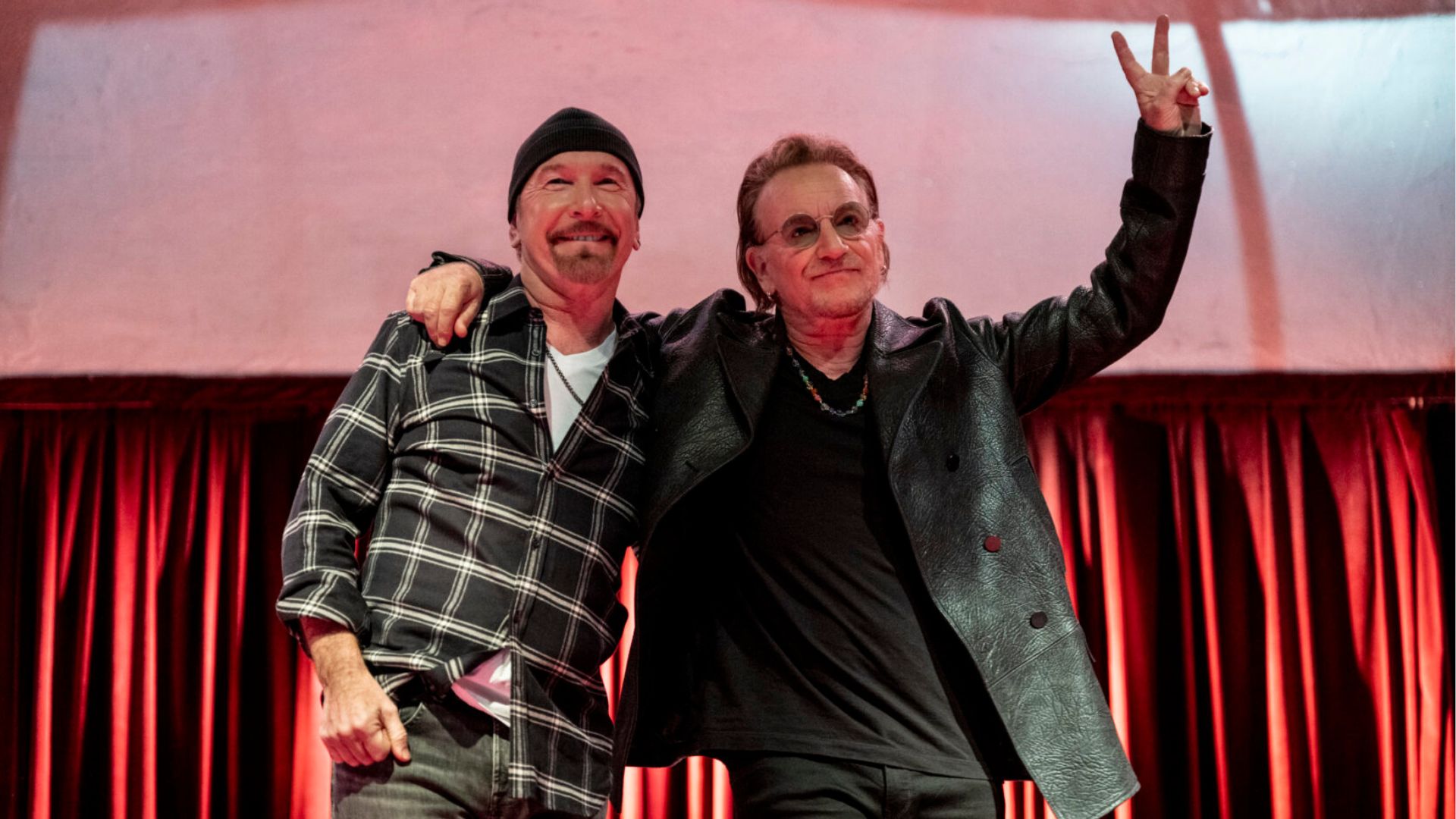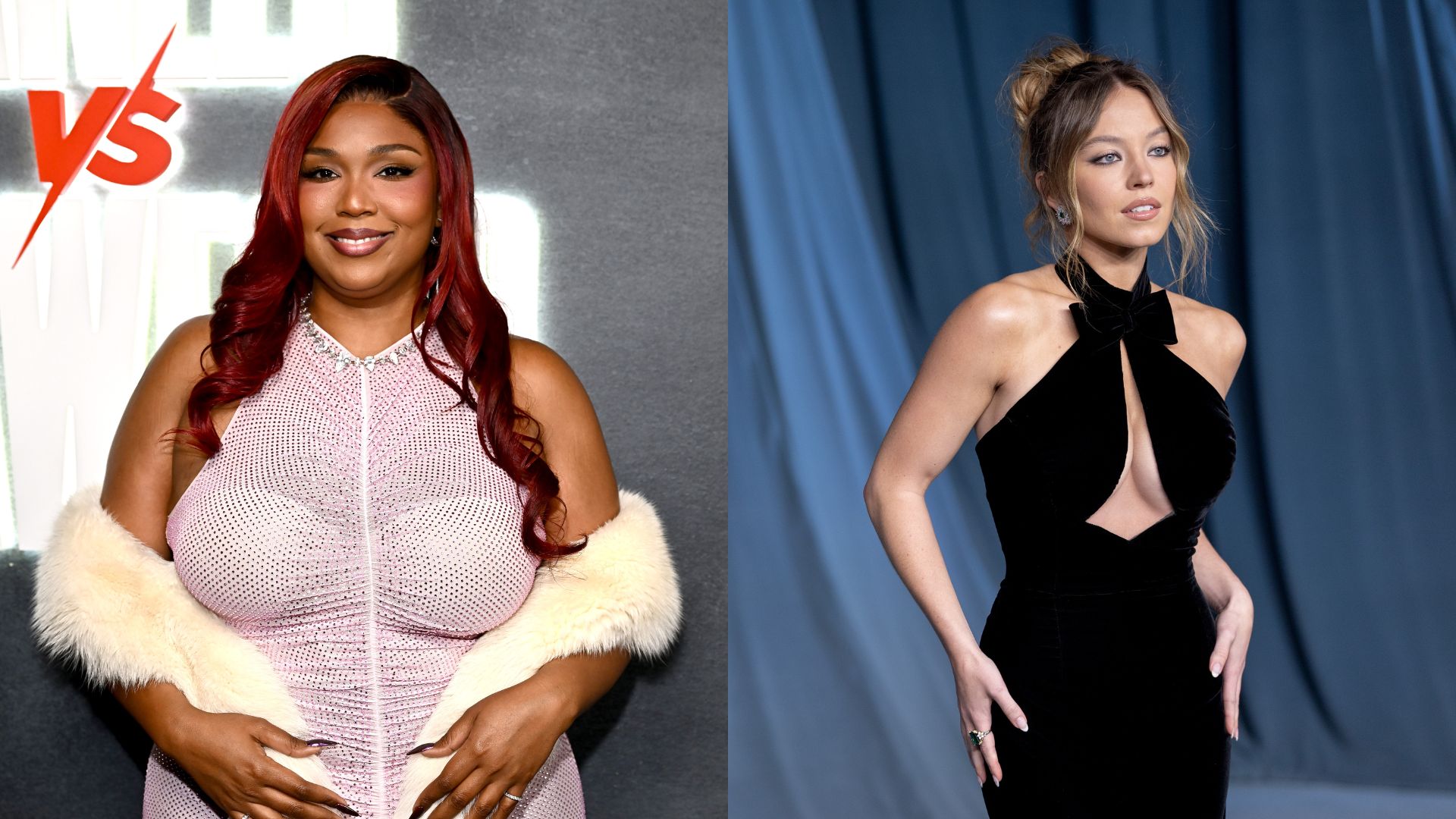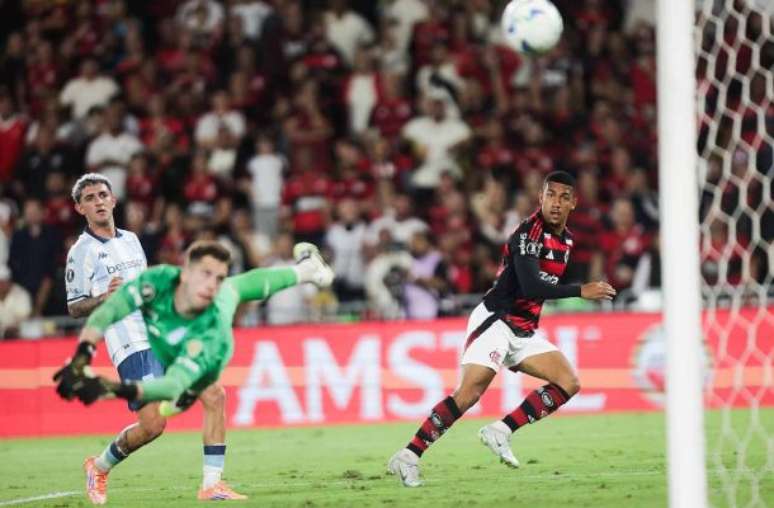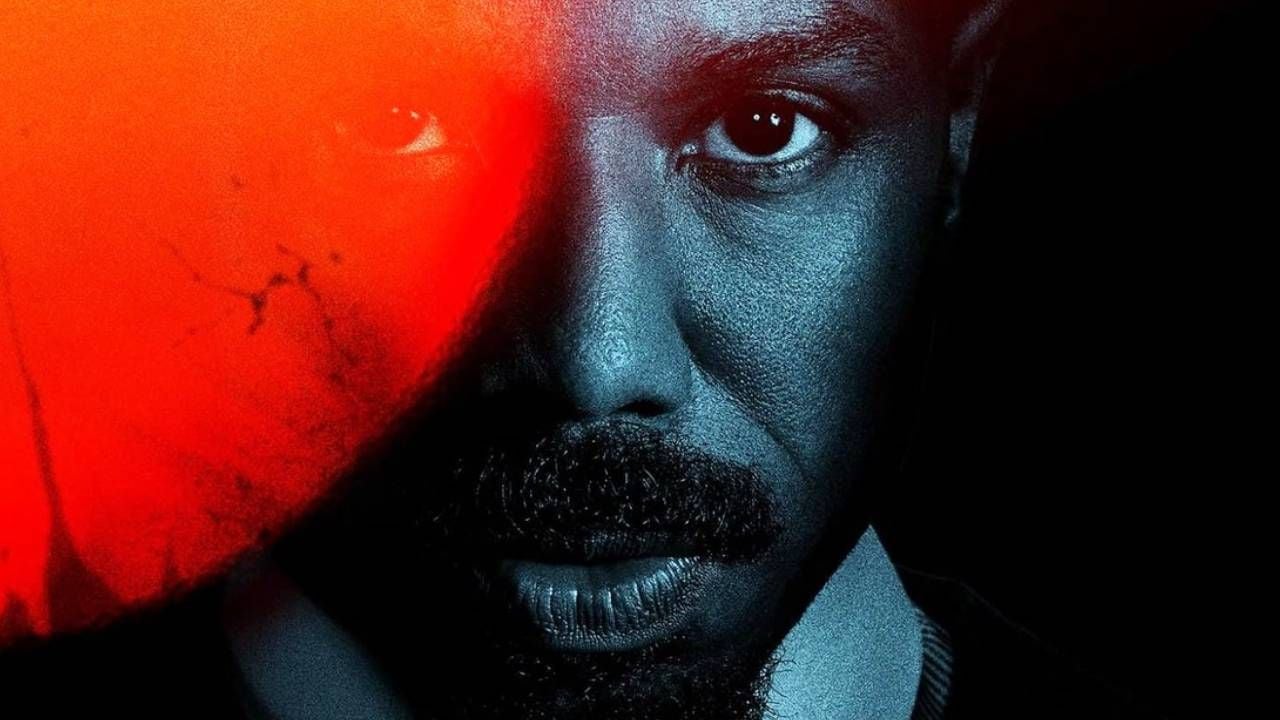The award -winning film of Director Contessa Gayles offers a first -hand account of the power of restorative justice
Music, more than one product or anything else, is a sacred act. This is the central premise of Prison Songs90 minutes documentary of the director Gaylesavailable in Netflix. The award -winning film highlights the trajectory of James “JJ’88” Jacobsan artist and activist born in Long Beach, who evolved from a 15 -year -old disoriented young man, author of a murder, to a lighthouse of what he calls “the usefulness of non -violence, art to tell stories and vulnerability.” In the documentary – which won ten awards at the 2024 Cinema Festivals Circuit – Gayles skilled sewing recordings of telephone calls made from prison by JJ’88a visual album he created during imprisonment and a raw report, in the “Fly on the Wall” style, about how his family supported him throughout his penalty and in the repeated attempts to gain freedom.
JJ’88 He left the arrest in 2022, after 18 years. But before being physically released, he was spiritually freed by an unexpected encounter with the man who killed his brother. The documentary offers a glimpse of the practicality and need for restorative justice, echoing the themes of the film Gayles 2018 for CNN, The feminist on cellblock yabout the then arrested and producer RICHIE RESEDAwho founded a feminist group in jail (Reseda It is co -producer of Prison Songs and produced the beats on which JJ’88 Rioum). Second Gayles and JJ’88who talked about the film on a July screening in New York, the production took several years and started while he was still incarcerated, which brought logistical challenges (JJ’88 He left prison eight months after the beginning of the edition). The script for the visual album was written by him inspired by Lemonade (2016) and in the homonymous album of Beyoncébringing together songs composed in solitary and recorded with the help of Resea.
Gayles He said he completed an average of a video clip per month, integrating them with the rest of the filming. Initially, there was the idea of differentiating the clips from gross documentary material with different screen proportions, but the director decided to keep everything uniform. It was the right choice: the fluid visual presentation kept the rhythm alive while JJ’88 narrated his story, alternating old photos and family videos Jacobs With scenes from the visual album, which, from their experience, gives centrality to young blacks, mothers and the justice system.
The film brings recurring representations of JJ’88 adolescent and adult imprisoned, besides another actor playing his brother Victorkilled three days after JJ’88 committing a murder in an act that he himself admits to being “meaningless”, motivated by the search for reputation on the streets. Also reappears scenes of children dancing, referring to the lost childhood Jacobs – And of so many other black men – for the violence of the streets.
The videos and songs, in layers, evoke the artistic aesthetics of names like Kendrick Lamar and Vince Staplesexploring faith, morality, family and violence. In a track that regrets the “waves of crime”, two boys throw themselves in the sea and drown, while JJ’88 narrates the dangers of the streets of Long Beach. Representing the incarcerated, he emerges from the waters as a man in a prison uniform; already Victorsymbolizing ladies earned early by violence, remains a child. Both walk to a maternal figure in the sand.
Gayles conducts each music video with striking quotes from the JJ’88: Your mother Janineyour father Williamthe stepmother Jackiethe sister Reneasha and the wife Indigo. At one point, WilliamPastor talks about his faith in the liberation of his son, sentenced to life imprisonment. Shortly thereafter, the documentary shows him preaching in a service, chanting: “I have a little praise I want to sing”, which smoothly fuses reflective music “wake up”, JJ’88. The track ends with another speech of the father, “Have you ever been arrested? In a spiritual prison?”
The documentary powerfully shows a support network that many men in the situation of JJ’88serving time for life imprisonment, they do not have. There are warm moments – like him singing with Indigoplaying on aging with his mother and sister, or celebrating when state authorities recognized their eligibility for early release. This same family was also present in their falls, as when the father comforted him after the denial of a request for parole. The film develops each of these family relationships, increasing the emotional weight to the point that the viewer feels as crushed as William when the arrest connection is cut before his farewell.
In one of these conversations, JJ’88 Cry to say to his father, “They don’t believe me,” reporting that the conditional board used his participation in a music project called DEFUND THE SHERIFF. The moment exposes once again how the justice system criminalizes hip hop for its own benefit; In this case, maintaining JJ’88 imprisoned. The film shows rap as a tool that helped him deal with his feelings and rehabilitate himself – the goal that the prison system should have. But for the state, in that conditional hearing, his music was just a threat.
As a musical journalist, I am used to seeing artists sell authenticity, claiming that their lyrics represent real violence. Already JJ’88that actually lived the hardness of the streets – and learned from errors – struggles so that his art is not seen under a negative connotation. While many rappers want to be taken seriously as if they “live their rhymes,” he wants to be taken seriously as a productive human being. This contradiction rethink what really is the “credibility” when those who judge cannot see their humanity.
The documentary is a strong argument in favor of the benefits of restorative justice. In one of the scenes, Indigo He reveals that he was the victim of sexual violence and felt “labeled” by criminal proceedings. While looking for “closure, justice, healing, validation,” he realized that the system was unable to offer it by delivering one of the most impactful phrases of the movie: “The system is not prioritizing me, it is prioritizing punishment – and my cure could never be found in someone else’s punishment.”
Early on, JJ’88 knows, in prison, a man called “J”And has a powerful conversation with him about the regret of being arrested for murder, but also about the awareness that, as JJ’88 It says later, “my flaws do not diminish my good.” He admits that the way “J“Embraced his humanity helped him do the same, leading him to confront” mourning, cowardice, shame and pain “he carried after committing the crime. Society generally expects the accused to deny his actions to try to get rid of a condemnation or to avoid public scrutiny-but it was only through admission and reflection on his darkness that JJ’88 He managed to heal and forgive himself. And when it demonstrated mercy to “J”, Whose real name is Jamaal Smithafter discovering that he had killed his brother, JJ’88 He acknowledged that his ability to forgive his brother’s killer was a way of atoneing his own sins. Who can know how his healing would have been without the opportunity to talk to the man who killed his brother? This circumstance points to the possibility of a system in which victims can dialogue with offenders – especially when they have a chance to face their regret outside the brutality of the prison. JJ’88 He said he understood that his brother’s killer was “one of us,” reflecting on the multitude of men disillusioned by the system. And just as he managed to see humanity in JamaalThe hope is that the public can also recognize in it the ability to forgive, reflect and grow.
During the period in solitary confinement, JJ’88 He says he felt God’s call and began writing his rhymes without any expectation. It is invigorating to listen to an artist – and a very talented artist – say that in our increasingly cold and numbers obsessed ecosystem. His experience refers to the genesis of musical creation, when singing was just a chance for ordinary people to express themselves and make sense of the world. When the first songs were sung, there was no possibility to become an unquestionable celebrity from them – just a chance to vent, celebrate or travel where the imagination took. Prison Songs It may not do the fan foundation obsessed with statistics to abandon their trenches to live in harmony, but can encourage some of us to treat art and artists as something more precious. Although few have such a cinematic history as JJ’88 – who now follows a career as a professional musician – everyone deserves to be seen as people like us, who simply decided to share their expression with the world.
+++ Read more:
Source: Rollingstone
Emma Jack is a writer at Gossipify, covering fashion, beauty, lifestyle, and pop culture trends. She stays current on the latest trends and offers readers up-to-date information on what’s hot in the industry. With a background in fashion journalism from Parsons School of Design, she offers a unique perspective and analysis of current trends.





![Un Si Grand Soleil preview: Thursday, October 23, 2025 episode recap [SPOILERS] Un Si Grand Soleil preview: Thursday, October 23, 2025 episode recap [SPOILERS]](https://fr.web.img6.acsta.net/img/12/a9/12a96513d7a4f6120d33b7120427505f.jpg)


